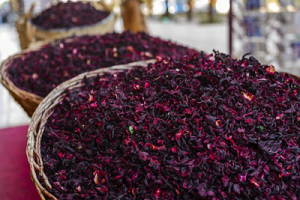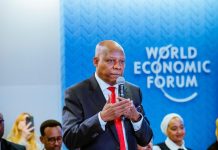Nigeria earned over $35 million from the export of hibiscus flower (known in local parlance as zobo) last year, the Chief Trade Promotion Officer of Nigerian Export Promotion Council, Aminu Lawal Bakin-Kasuwa has said.
He made this disclosure at a public forum organised by the Nigerian German Business Association and the Association of Hibiscus Flower Exporters of Nigeria partnership programme held during the NGBA Monthly Business Forum in Lagos.
According to him, “Nigeria made about $35m from Mexico as about 60 to 70 per cent of our hibiscus went to Mexico last year.”
The NEPC boss, who lamented that the country was yet to achieve its full potential in hibiscus flower export, further noted that there are over 10, 000 hibiscus flower farmers in Jigawa who are battling a lot of challenges.
“The challenge for these 10, 000 farmers is the post-harvest handling of the commodity. You know that when the farmers harvest these products, if it not well handled as a flower it breaks down and comes with a lot of dirt and impurity,” he said, adding, “Hibiscus flower is a food ingredient in most of these countries that are being exported. For example in Mexico it is being used to produce a juice called Jamaica.”
While noting that the German Embassy can help Nigerian exporters in understanding the market requirement of Germany in particular and the European Union in general, stressed the need for institutional support for those involved in the hibiscus production value chain.
Bakin-Kasuwa who hinted of plans by the Council to commence what he described as The hibiscus Export Expansion Programme, said the initiate is geared towards expanding Nigeria’s market in the global trade of the commodity.
Speaking earlier, the Director General of NGBA, Gbenga Adegbija who spoke about the partnership said it is in accordance with the NGBA’s cardinal objective to promote bilateral business relationship between Nigeria and Germany.
“So we are always looking to collaborate with entrepreneurs and other stakeholders within the Nigerian business community. German is the largest economy in Europe and Nigeria is the largest economy in Africa so it makes sense for both economies to meet in various and many levels. This programme is in fulfillment of our mandate; we want to see opportunities open for Nigerian entrepreneurs to have access to finance, newer market, especially in Germany and the European Union.”











